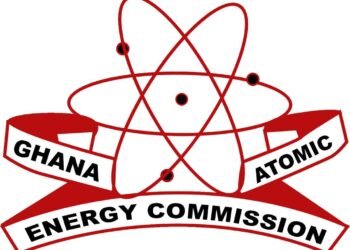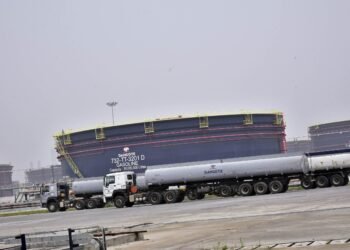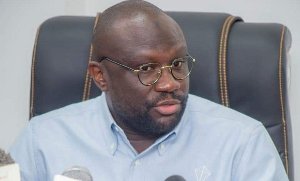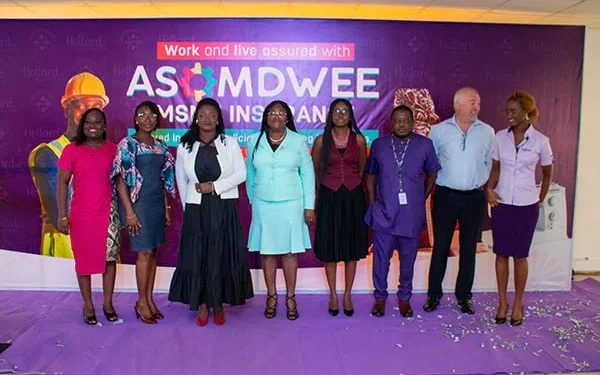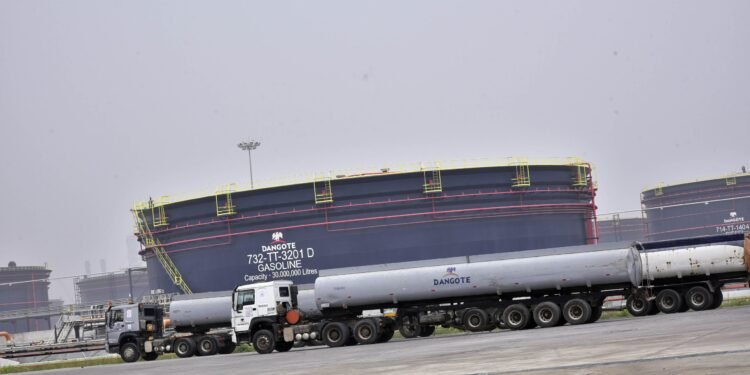Former Chief Justice Sophia Akuffo has called for a radical rethink of Ghana’s natural resource management strategy, urging policymakers, business leaders, and citizens to ensure that the nation’s wealth translates into real, sustainable development rather than repeated cycles of financial distress and dependency.
Speaking at the Institute of Economic Affairs (IEA) public policy dialogue themed “The Dilemma of the 17th IMF Programme and Our Natural Resources – A Pathway to National Development,” the former Chief Justice highlighted the urgent need for transparent and ethical stewardship of Ghana’s natural endowments, including gold, oil, gas, and forests.
Speaking in a firm and visionary tone, she called for a national shift “from IMF bailout to breakthrough,” describing the move as both urgent and necessary.
According to her, achieving lasting economic transformation will require disciplined governance, greater transparency, and a deep moral commitment to the collective good of the nation.

“Natural wealth, gold, oil, and gas, and mineral resources as well as our forests and other resources must translate into sustainable development rather than repeated financial distress. At the IEA, we believe these questions deserve open, nonpartisan, multidisciplinary dialogue.
“That is why we have brought together some of Ghana’s most distinguished minds, scholars, faith leaders, and policy thinkers to reflect deeply on the intersection between economic policy, African leadership, and national purpose.”
Former Chief Justice Sophia Akuffo
Her comments come at a time when Ghana continues to grapple with economic instability, rising debt, and recurring engagement with the International Monetary Fund (IMF).
Justice Akuffo stressed that sustainable resource management is not only an economic imperative but also a moral and governance responsibility. She shifted the focus to what she termed Ghana’s “persistent failure” to manage its natural wealth strategically and in the national interest.
“Now, what has come through very clearly is that Ghana’s challenge is not a lack of natural wealth, nor even of human resource, but the persistent failure to manage all these resources strategically, transparently, ethically, equitably, and with emphasis in the national interest.”
Former Chief Justice Sophia Akuffo
Ghana’s Cyclical Return to IMF

The former Chief Justice lamented Ghana’s cyclical return to the IMF, describing it as a painful symbol of poor governance and mismanagement.
“Our repeated relationship or ‘romance’ with the IMF, which always brings us heartache and heartbreak, reflects the consequences of structural inefficiencies, fiscal indiscipline, and weak resource management.”
Former Chief Justice Sophia Akuffo
However, Justice Akuffo was quick to add that the situation was far from hopeless. She expressed optimism that Ghana could still reverse the cycle of bailouts and dependency through a collective commitment to ethical governance and institutional reform.
“With integrity, vision, and the right institutional reforms, Ghana can indeed transform her natural resource endowment into sustainable prosperity.
“So that we move from bailout to breakthrough.”
Former Chief Justice Sophia Akuffo
Her remarks resonated strongly with the audience, which included senior policymakers, academics, and religious leaders such as Professor Aaron Michael Oquaye, Most Reverend Dr. Paul Boafo, and Sheikh Shaibu Arimeya.
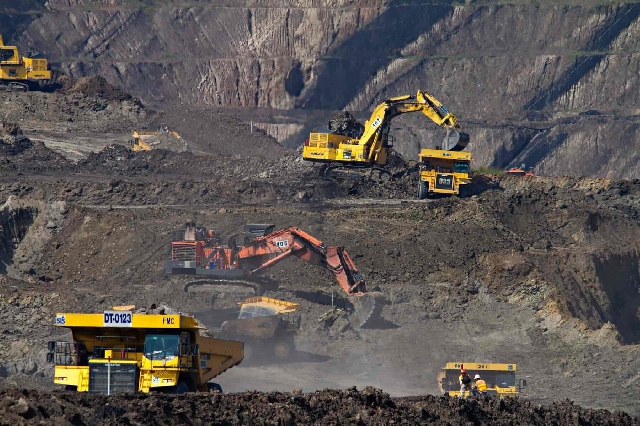
She extended her appreciation to the speakers for their “wisdom and candor,” and thanked attendees for their “continued commitment to our national dialogue.”
The former Chief Justice concluded with a reminder that Ghana’s blessings are abundant but only meaningful if managed wisely. “God’s blessing on Ghana is plentiful,” she said. “May we use it wisely.”
The IEA’s policy dialogue series, of which this event forms part, seeks to drive an evidence-based and values-driven approach to national development.
By engaging thought leaders from academia, government, and civil society, the institute hopes to build consensus around strategies that move Ghana from dependence and crisis management to sustainable growth and resilience.
Ghana’s reliance on external support, including a $3 billion IMF program, has reignited debates on how the country can better harness its natural wealth to build fiscal independence.
With gold, oil, and other mineral resources continuing to play a dominant role in the economy, experts argue that reforms in resource governance are crucial for long-term stability and prosperity.
READ ALSO: BoG’s $1.15bn FX Injection Sparks Clash with IMF and World Bank Over Cedi Stabilization




